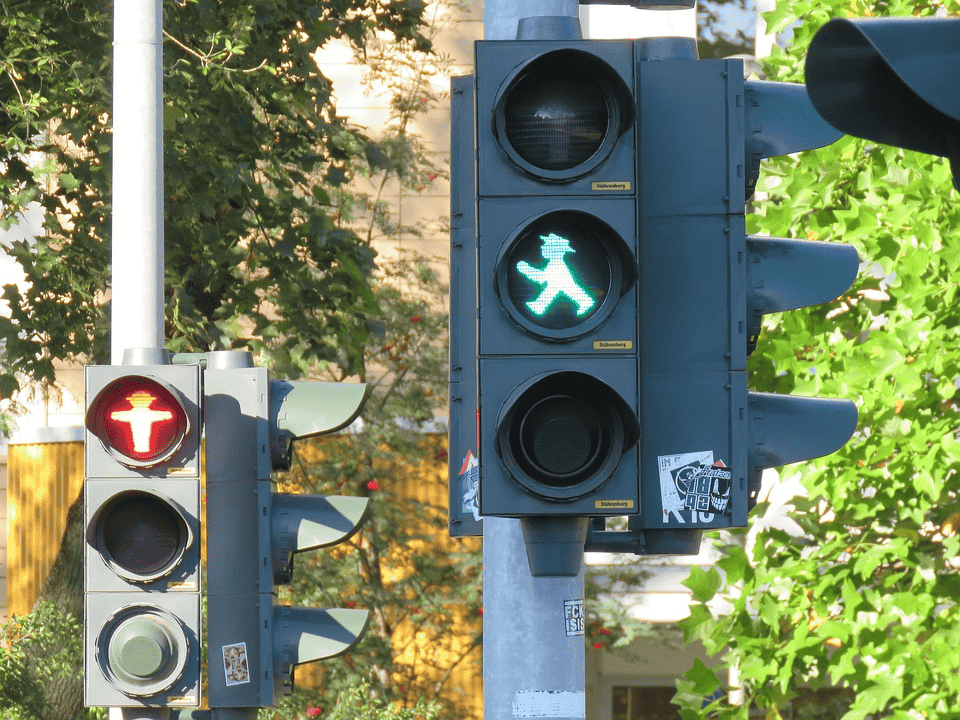
Younger generation moves out, leaves challenges for smaller towns.

By: Alan Bauer
The Sun
A recent report indicates Millennials, those born from about the mid-1980s to the late 1990s — are leaving New Jersey. It also shows those who are staying are clustering in urban areas.
More specifically, from 2000–2013, according to the report from New Jersey Future, the Millennial population dipped 2.4 percent in the state, while increasing 6.8 percent nationally. Also, those remaining prefer to live in urban areas that are “walkable,” meaning they don’t have to drive to get to work, stores, parks, restaurants, etc.
So why should the rest of us care?
Well, if the old “American Dream” of owning a home in the ‘burbs, complete with 2.3 kids and a couple of SUVs is no more, smaller, non-walkable towns could be in for a rough future. In other words, what happens to smaller towns if the Millennials stay in the urban areas?
If demand for housing drops, so could property values. Population declines could mean tough times for local, small businesses. School populations could plummet too. If most of a town’s residents are elderly and on fixed incomes, how does that impact everything from the tax base to public services?
As New Jersey Future points out, it might be a good idea for smaller towns to now be looking to develop mixed-use communities, add pedestrian-friendly roadways and reconsider housing rules to allow for more options and pricing — qualities Millennials seem to crave.
The younger folk are looking for something different in their communities. If they can’t find it here, they’ll look elsewhere. And what they leave behind might not be pretty


